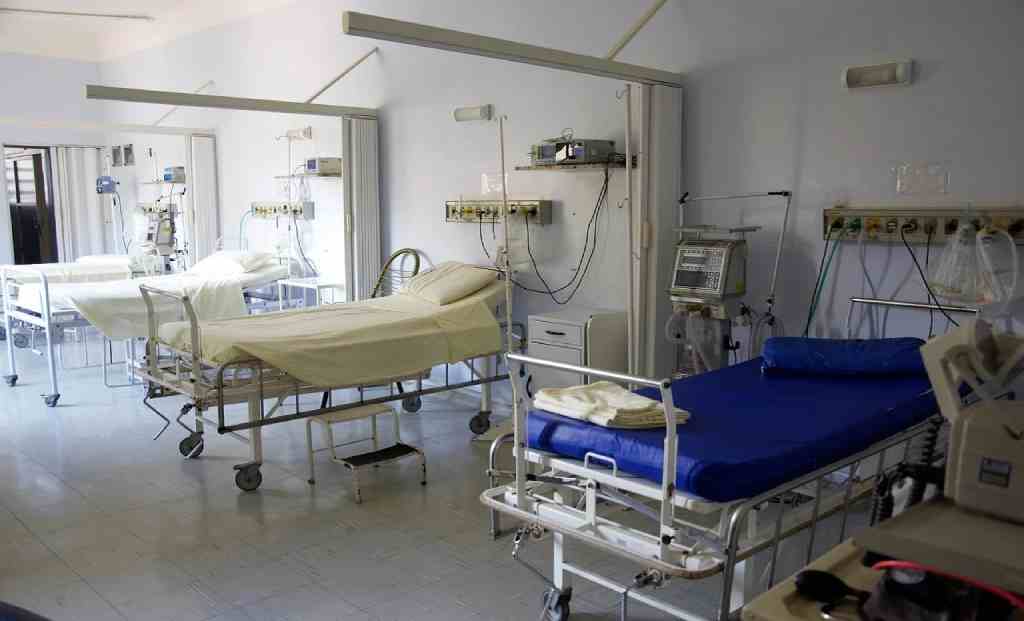Study reveals the transformative potential of Doze connected beds in non-ICU wards, offering higher patient safety and substantial cost savings.
In a groundbreaking development, an independent research report titled “Unlocking the potential of connected healthcare in India” has highlighted the game-changing impact of Doze connected beds in revolutionizing healthcare delivery. Conducted by Sattva Consulting in collaboration with Doze, India’s leading contactless Remote Patient Monitoring (RPM) company, the study unveils the potential of automated patient monitoring to address the shortage of ICU beds, doctors, and nursing staff in the country’s public hospitals.
The research report reveals that by deploying Doze connected beds in non-ICU wards, public hospitals can significantly alleviate the scarcity of ICU beds. These state-of-the-art beds, integrated with advanced technology, offer automated patient monitoring and provide higher patient safety, improved clinical outcomes, and substantial cost savings estimated at INR 2150 Crore per annum.
According to the study, Dozee’s connected beds have the potential to save up to 80% of nursing time typically spent on manual spot-checks for monitoring patient vitals in non-ICU wards. Moreover, by utilizing connected beds outside the ICU, hospitals can reduce the Average Length of Stay (ALOS) in the ICU by approximately 1.3 days, effectively bridging the shortfall of ICU beds. This transformative solution also leads to significant cost savings, amounting to roughly INR 2.7 Crore for every 100 connected beds.
Research showcases the significant impact of connected healthcare solutions in bridging critical gaps in India’s healthcare infrastructure.
The research further highlights the potential of connected contactless remote patient monitoring across India’s public healthcare delivery systems. By adopting continuous patient monitoring and Early Warning Systems (EWS), the study suggests that an additional 3 million patients can be accommodated by the Indian healthcare system, assuming peak capacity. Deploying these advanced solutions can potentially save approximately 144 lives for every 100 connected beds, demonstrating the immense impact on patient care and outcomes. The report estimates that over 1,10,000 lives can be saved annually through initiatives like Dozee Million ICU program.
Study Shows Doze Connected Beds Can Revolutionize Non-ICU Wards, Saving Lives and Costs
The research, conducted in public hospitals that have embraced Doze contactless Remote Patient Monitoring (RPM) and Early Warning System (EWS) as part of the Million ICU initiative, sheds light on the sub-optimal monitoring of over 95% of hospital beds in India. Manual spot-checks hinder early detection of deteriorating patient conditions and overload the already burdened healthcare system. This impact assessment study emphasizes the need to automate patient monitoring in non-ICU wards, reducing nursing hours and driving digital transformation for enhanced patient care.
Nurses and doctors participating in the study expressed their strong belief in the necessity of digitizing patient health data for an efficient and optimized healthcare ecosystem. Dr. Vaishali Shelgaonkar, Associate Professor and HOD of the Department of Anaesthesia at Indira Gandhi Government Medical College & Hospital (IGGMC), highlighted how implementing remote patient monitoring and early warning systems, such as Dozee, significantly saved time and energy for nurses. The digital monitoring capabilities not only enhanced patient safety but also facilitated risk stratification and prioritization of critical patients.
Doze Contactless Remote Patient Monitoring System Offers Breakthrough Solutions for Indian Hospitals
Mr. Sri krishna Sridhar Murthy, CEO and Co-Founder of Sattva Consulting, emphasized the critical need to improve India’s healthcare infrastructure, especially in the wake of the COVID-19 pandemic. He highlighted the significance of public-private partnerships and technological innovations, such as Doze connected beds, in bridging gaps and accelerating better health outcomes for all.

